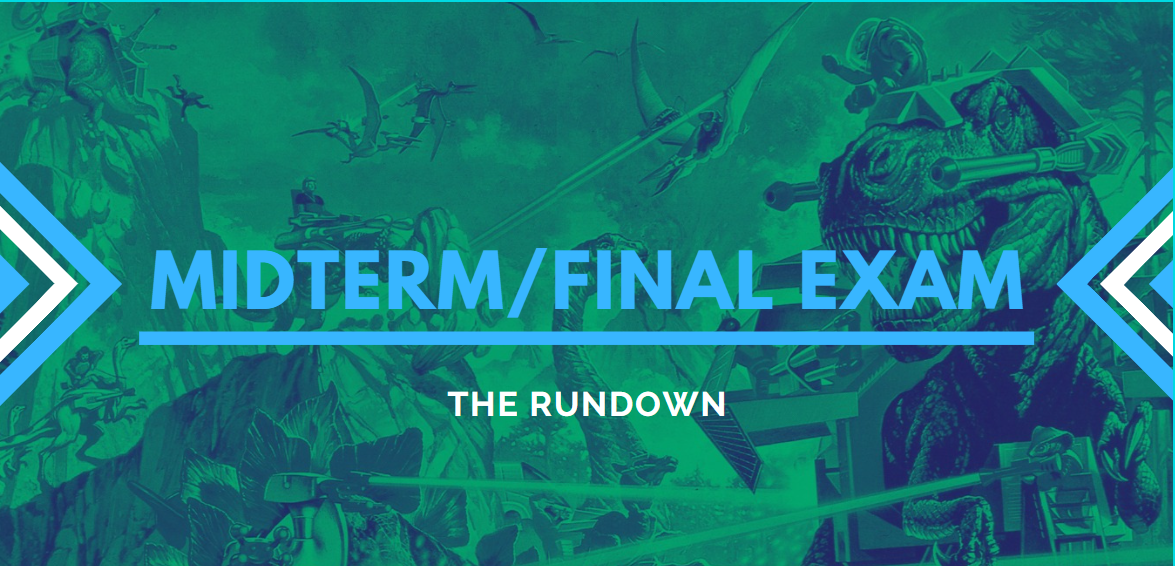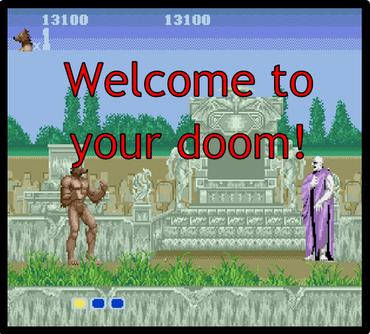|
In the busy academic world of my classroom, a pair of evaluation methods stand out like two stars in a binary system. These are the midterms and finals, necessary tests that carry a lot of weight and require writing short answers. I've carefully broken down what these assignments are looking for. Understanding that these two assignments make up 40% of your final grade is essential. Just like it's been a tradition, don't hesitate to ask me if you have any questions. I'm here to help and guide you like a bright cloud of gas and dust in the constellation of knowledge.
Midterm Rundown
Final Exam Rundown
Scholarly Advice We're going to dive headfirst into the treacherous waters of short history essays and let me tell you, this isn't any Sunday stroll through the park. Strap yourselves in because I'm about to unleash the wisdom that'll save your sorry hides from the abyss of academic despair. 1. Understand the assignment. I'm talking about a deep, soulful embrace. Read that thing like your life depends on it because, let me tell you, nothing screams "lost cause" louder than straying from the path your professor has laid out. We're talking topic boundaries tighter than a straightjacket, so keep your wandering mind in check. 2. Consider the significance of the material. You're not just a parrot regurgitating words from dusty tomes. No, you're a detective on the hunt for the meaning behind the madness. Step two is all about soaking in the significance. Don't you dare settle for a summary of those texts you've been devouring? No, you're here to unravel the secrets of historical context, to expose the beating heart of those words on the page. The bigger picture is what we're after. 3. Construct an argument in support of a thesis. You're not just here to dance around ideas but to brawl in the intellectual arena. Your view, that's your battle cry. It's the culmination of all that pondering, the fiery core of your essay. At the start, you shout it loud and clear, none of that tiptoeing nonsense. Then comes the onslaught of evidence, a barrage making a war zone look like a tea party. You link arms with those texts you've scrutinized, and together, you lay waste to any doubts lingering in the minds of your readers. 4. Don't just answer "What"; answer "Why." We're not here to scratch the surface but to dig deep. And that brings us to the golden rule of step four: don't just unravel the "What." Oh no, my compadres, that's just child's play. You're here to dissect the "Why." Why does it all matter? Why should anyone give a hoot about what you've just spilled your ink over? It's the grand finale, the fireworks at the show's end, the punchline that leaves them thinking long after closing the book. The twisted path through the dark forest of short history essays, illuminated by the torch of understanding the assignment, fueled by the fire of significance, fortified by the fortress of argumentation, and crowned by the jewel of "Why." Now go forth, my scholars, and conquer those essays like the fearless renegades you are.
ESSAY RUBRIC
Proficient 100%)
Demonstrates a thorough understanding of the topic and related concepts. The essay is well-organized, with a clear introduction, body, and conclusion. The essay is well-written, with proper grammar, punctuation, and spelling. Demonstrates critical thinking skills and presents a well-supported argument. Competent (85%) Demonstrates a good understanding of the topic and related concepts The essay is adequately organized, with an introduction, body, and conclusion. The essay is written with few grammar, punctuation, and spelling errors. Demonstrates some critical thinking skills and presents a partially-supported argument. Novice (75%) Demonstrates a limited understanding of the topic and related concepts. The essay is poorly organized and lacks a clear introduction, body, and conclusion. The essay contains several errors in grammar, punctuation, and spelling. Demonstrates some critical thinking skills, but argument needs to be better-supported. Unsatisfactory (60%) Demonstrates a poor understanding of the topic and related concepts. The essay is disorganized and lacks a clear introduction, body, and conclusion. The essay needs to be revised in grammar, punctuation, and spelling. Demonstrates little to no critical thinking skills, and argument needs to be supported.
Wanting to learn more? Check out these links for other portions of the class
0 Comments
Leave a Reply. |
AuthorRyan Lancaster wears many hats. Dive into his website to learn about history, sports, and more! Archives
April 2024
Categories |



 RSS Feed
RSS Feed